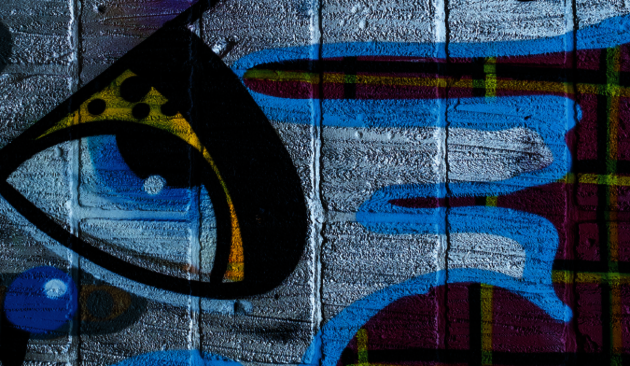Media and Communication Studies

Research Excellence
Media and Communication Studies (MKV) at Lund University engages in world class research in media, culture and democracy. We produce original research that offers new and effective ways of understanding knowledge, people, and power in national and transnational media environments. MKV research is organised in four intersecting themes: media engagement, democracy and cultural citizenship; media industries and creativity; gender, health and society; audiences, popular culture and everyday life.
Researchers working across these themes are committed to evidence based thinking, using mixed methods and critical theory to advance research excellence. Our collective is ranked in the Top 100 Communication and Media departments (QS World University Rankings by subject 2018, 2019). There is a strong and vibrant research culture in MKV at Lund, a select unit of 19 employees, including 1 Emeritus Professor, 3 Professors, 5 Docents, 2 Senior Lecturers, 3 administrators and 5 doctoral students; there are currently 10 male and 9 female members, from diverse regions including Sweden, Denmark, the UK, Turkey, India, and Indonesia. MKV regularly hosts visiting scholars working in our field, from Europe, India, Middle East, America, Colombia and China.
We generate international research publications (over 100 peer reviewed publications 2014-19), lead externally funded projects on topics such as civic cultures and online rumours, media engagement and experiences, children and digital media, and organise an MKV March symposia series (now in its 10th year) which add value to the department’s intellectual standing in the field.
We deliver postgraduate education and PhD training to a high standard of international excellence, including our MSc in Media and Communication that annually attracts over 500 applications for 30 places. Researchers in our department conduct academic-industry collaborations, with actors like SVT, UR, Public Health Agency and EndemolShine, dialoguing with media industries and the public sector and engaging in contemporary debates.
We draw on our legacy of prominent scholars in the department and the succession of new staff and doctoral students to maintain a world leading position. To enable this goal, the department builds on our strongly original vision of media engagement in culture and democracy through developing a portfolio of international staff, publications and postgraduate education that vigorously argues for human and non-human agency within the tangled web of media, culture and society.
